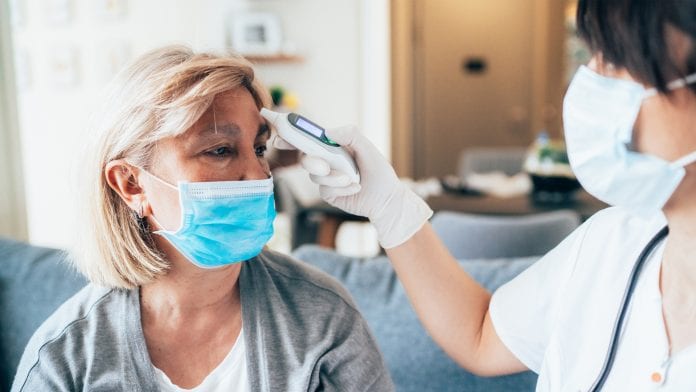
A review of reports from several different countries of influenza-like illness in individuals that have been vaccinated against COVID-19 have been reviewed by the GACVS COVID-19 Vaccine Safety subcommittee.
The GACVS COVID-19 subcommittee recently met to review clinical trial data and a summary of reports from a number of countries of influenza-like illness in healthcare workers who had received COVID-19 vaccines. The data reviewed was from the World Health Organization (WHO) global Individual Case Safety Reports database.
Influenza-like symptoms
Symptoms of influenza-like illness have also been reported in the first few days following vaccination with COVID-19 vaccines in clinical trials, including headache, fatigue, muscle aches, feverishness, and chills, with most symptoms being mild to moderate and resolving in a few days.
The subcommittee highlighted that these expected side effects from vaccination were more common in younger vaccine recipients under the age of 55.
Following scientific review, the subcommittee concluded that these symptoms of an influenza-like illness may be expected as immune responses following vaccinations in general and that the current reports with the COVID-19 vaccines are consistent with the expected side-effect profile of these vaccines.
Safety profile
The subcommittee concluded that the benefit-risk balance of the vaccines remains favourable and has not suggested any safety revisions, recommending that people who are vaccinated be informed, prior to vaccination, of the potential for influenza-like symptoms to occur after receiving a vaccine, and that the occurrence of transient symptoms such as headache, fever and muscle aches after a first dose of these vaccines should not prevent administration of the second dose.
It also noted that the potential for short-term adverse events following vaccination should be considered when planning the timing of vaccination for healthcare workers.
It has also recommended that all countries should continue to monitor the safety of the COVID-19 vaccines, noting that data on suspected adverse events should be collected and reviewed continuously at national, regional, and global levels.









